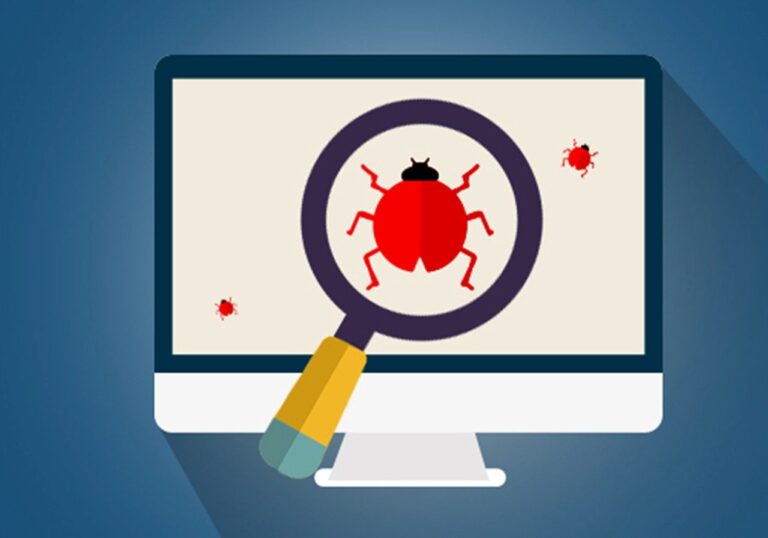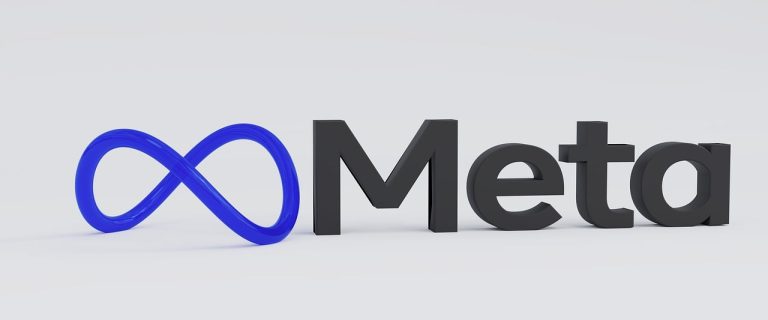
OpenAI has developed a method to detect texts generated by ChatGPT but has yet to release it despite concerns about the use of AI for deception. According to The Wall Street Journal, the project has been ready for about a year, but its release has been continually postponed.
OpenAI employees are torn between the desire for transparency and the aim to attract and retain users. A survey conducted among loyal ChatGPT users revealed that nearly 30% would be displeased with the implementation of such technology. A company representative noted that the tool could adversely affect non-native English speakers.
Some employees support the release, believing that the benefits outweigh the risks. OpenAI CEO Sam Altman and CTO Mira Murati have participated in discussions regarding the tool. Altman supports the project but does not insist on its immediate release.
The ChatGPT system predicts what word or fragment should follow next in a sentence. The discussed “anti-cheat” subtly alters the token selection process, leaving a watermark barely noticeable to the human eye. According to internal documents, the watermarks demonstrate an efficacy of 99.9%.
Some employees express concerns that the watermarks could be easily removed through simple methods, such as translating the text via Google Translate or adding and removing emojis. Additionally, the question of who would use the detector remains unresolved: access limited to a narrow group of users would render it ineffective, while too broad access could lead to the technology being exposed to malicious actors.
In early 2023, OpenAI released an algorithm to detect AI-generated text, but its accuracy was only 26%, and the company abandoned the tool after seven months. Internal discussions about the watermark began before ChatGPT’s launch in November 2022 and have been a constant source of tension.
In April 2023, OpenAI commissioned a survey that showed people worldwide supported the idea of an AI detection tool by a ratio of 4 to 1. However, 69% of ChatGPT users expressed concerns that the detection technology would lead to false accusations of AI use, and nearly 30% said they would use ChatGPT less if watermarks were implemented.
OpenAI employees concluded that the watermark tool works well, but the survey results still cause concern. The company will continue to seek less controversial approaches and plans to develop a strategy this year to shape public opinion on AI transparency and potential new laws on the subject.
There are several services and tools capable of fairly accurately determining whether a text was generated by a neural network or written by a human. Among these services are GPTZero, ZeroGPT, and OpenAI Text Classifier. However, reliance on these services has proven to be problematic.


